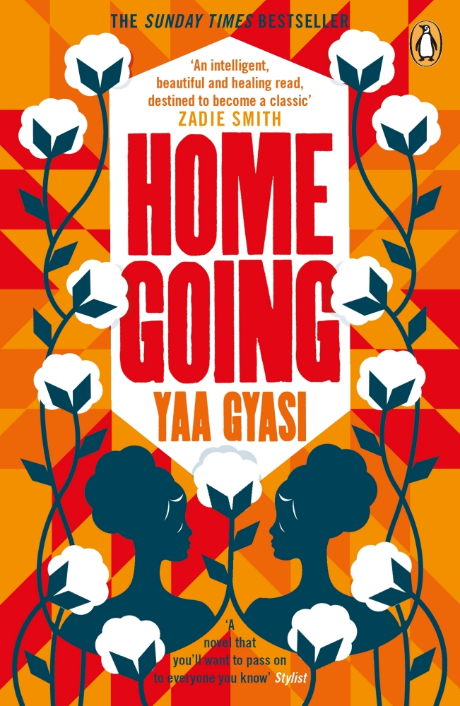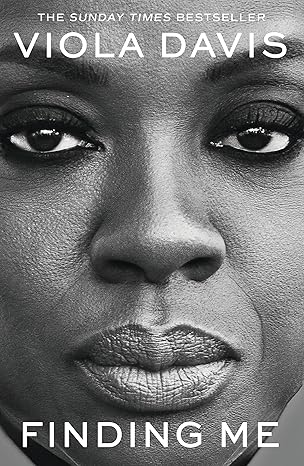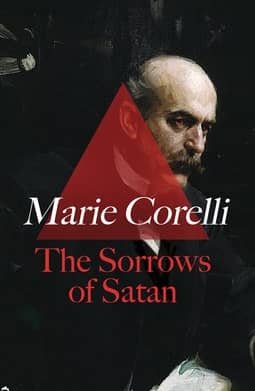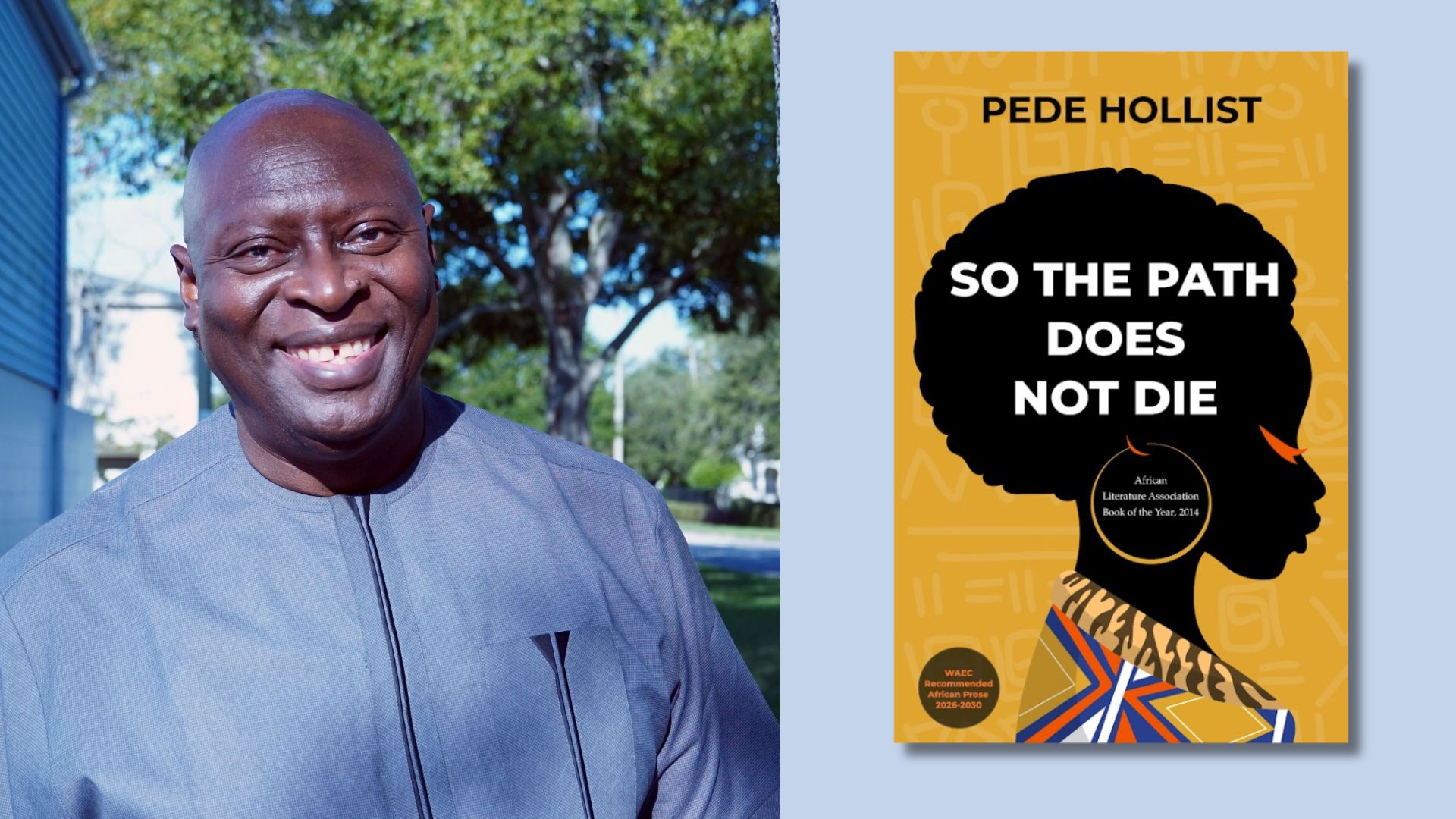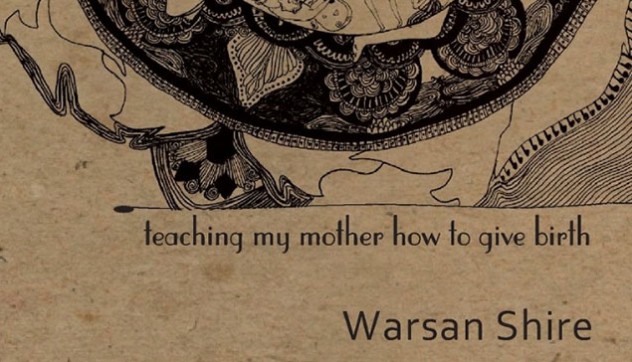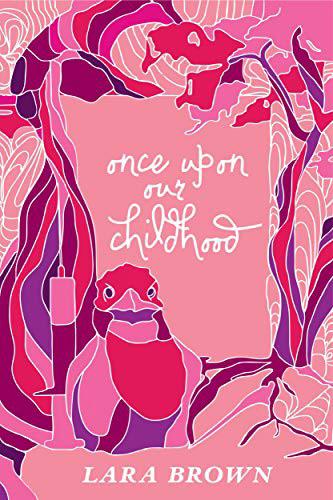The city of Lagos is a lot of things: vibrant, beautiful, exhilarating, yet chaotic. The vibrant and charismatic ambiance of nighttime opposes the chaotic life in the daytime, which is often characterized by the scorching sun, blaring horns, persuasive hawkers seeking patronage with raised voices, and new stories featuring the good, the mad, and the ugly. One such story is that of Isi, a young woman, and mother to six-year-old Kiitan, who puts a knife on her husband’s penis and swears to cut it off in Damilare Kuku’s Nearly All the Men in Lagos Are Mad.
The novel is a collection of 12 distinct short stories which features the experiences of various women from different backgrounds, ethnic groups, and economic class. These women have two things in common. The first is the city of Lagos where they experience life as it is, and the other is their association with the male gender which comes in varied measures of insanity.
The author blends each story with just the right amount of literary flavors that melt on the tongues of readers as a bittersweet experience, allowing readers to relate to the struggles of each character in the novel. While in one part of Lagos, a young woman struggles with infertility, enduring concoctions of all sorts and venomous words from her husband’s family, another stands defiant in the face of her husband and his family, threatening to cut off his penis and use it for money rituals. Both stories are uniquely different, yet both female characters experience the motions of finding love in Nigeria’s buzzing city of Lagos.
Damilare Kuku also does justice to some of the issues facing the female gender in Nigerian society.
2020 recorded over 11,000 reported rape cases in Nigeria, while Lagos State reported 4,860 cases of domestic violence and rape around September 1st, 2021 to July 31st, 2022. Osa, Damilare’s character in the story, “Independence Day”, finds her voice and the strength to confront her rapist after sixteen years. It is a reminder to stand by the victims who find their voices and support those who have chosen silence. It is also a reminder to respect their choices. Efforts are being made to bring an end to domestic violence, sexual abuse, and rape across Nigeria, but societies need to be made aware of the law and its provisions concerning sexual abuse, as well as access to support for victims and affected families. There are a few counseling centers available to help rape victims.
Another issue highlighted by Damilare Kuku in her book has its roots in the unhealthy standards with which the female gender is held up in Nigerian societies, as well as the patriarchal nature and values of our society. Growing up as a female child in Nigeria, one is bound to hear a couple of phrases that relate to the perceived gender roles of females in marriages and relationships. It also states the expectations for Nigerian women, and in the absence of these expectations being fulfilled, the woman seizes to have value in the eyes of society. One such expectation is childbearing, and although there is nothing wrong with the overall expectation of childbearing, the idea of a woman being solely responsible for infertility issues is a problem. Society places the spotlight on women when there is an issue of infertility but fails to acknowledge that the man might be the problem. Orode, although a fictitious character in Nearly All the Men in Lagos Are Mad, is a victim of such societal expectations. On her quest to have a child for her husband of four years, she discovers an unnerving secret, one that her husband has kept from her for so long.
Noteworthy is the author’s unique diction and style of writing that takes on a second-person point of view. It is an uncommon narrative style, but well executed. There was also a strong play on words that reflects in the title of each story and the stories themselves. Damilare plays on the word and the concept of “Oedipus Complex,” by using “Ode-Pus Complex,” which infuses the Yoruba word “Ode” translated as ‘dumb/fool,’ and used to describe someone who is “Lacking ordinary quickness and keenness of mind or, Mentally Weak” according to Faaji Dictionary. It is no surprise that we see the concept of the Oedipus Complex come into play between Uchenna and his mother, such that it affects his relationship with his girlfriend, Jide.
The collection of stories contains lots of sexually explicit content, so beware if that’s not it for you. But these scenes paint, to an extent, in my viewpoint, a not so excessive yet acceptable and realistic view of sex, unlike what is displayed in modern-day movies. For Ehi and Isi, sex in the shower is awkward and uncomfortable, and this goes against everything mainstream movies and romance novels display. So, it’s a plus for the author.
Each story is lined up to display the madness of Lagos men but at certain points, one stops to question why it is easy to relate to these stories, and why many women choose to adapt to suffering and toxicity in relationships like the Anointed Wife. Nearly all the men in Lagos might be mad, but the women are facilitators through their choices.


